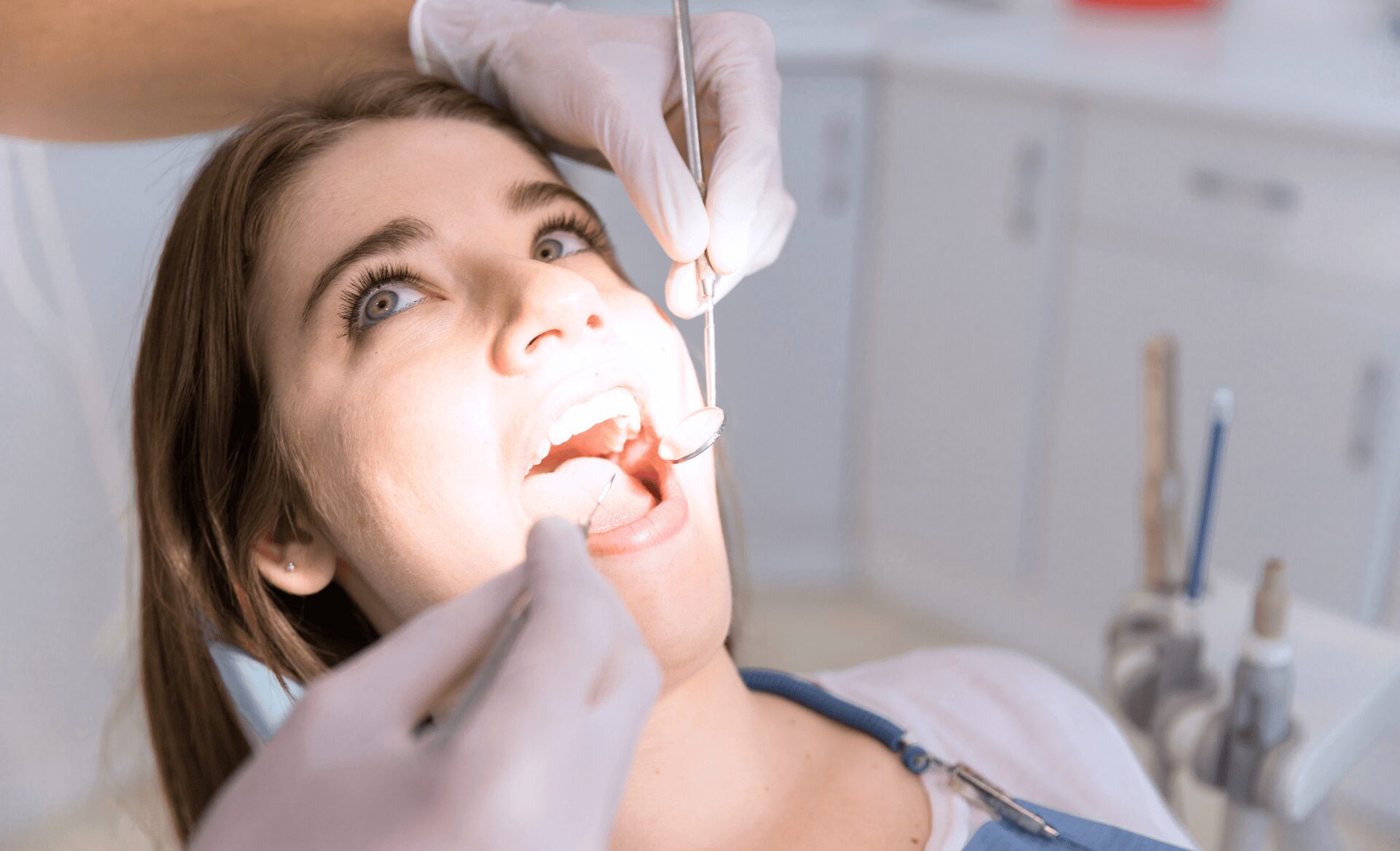Wisdom teeth, also known as third molars, often get a bad reputation. For years, many dental professionals routinely recommended their removal, especially when they didn’t seem to serve a useful purpose. However, as dental technology and research have advanced, the conversation around wisdom teeth has evolved. Today, more experts are questioning whether removing them is always necessary. Experts at Advanced Indiana have explored why some people have wisdom teeth, and others don’t, as well as the latest insights on why experts now say not to remove your wisdom teeth in many cases. To learn more about why wisdom teeth extraction is so popular, check out our blog.
Does Everyone Have Wisdom Teeth?
Not everyone has wisdom teeth, and that’s a fact that surprises many people. While most adults develop four wisdom teeth, one in each corner of the mouth, it’s not uncommon for some individuals to have fewer or even none at all. This variation is largely due to evolutionary changes.
Our ancestors relied on a diet of coarse, unprocessed foods, which required extra chewing power and larger jaws to accommodate additional molars. As human diets have evolved and become softer, our jaws have become smaller. This has reduced the number of wisdom teeth some people develop—or the space available for them to emerge. Studies show that about 35% of people are born without one or more of their wisdom teeth.
Even if you do develop wisdom teeth, they might not cause any issues. For many individuals, wisdom teeth erupt normally and function just like their other molars. But for others, these teeth can cause problems like impaction, crowding, or infections.
Why Experts Now Say Not to Remove Your Wisdom Teeth
For years, the standard advice was to have your wisdom teeth removed, whether they were causing problems or not. Dentists feared that these teeth might lead to future issues such as infections, misalignment, or cysts. However, current research has caused many experts to rethink this approach. Here’s why:

- Unnecessary Surgery Risks:
Removing wisdom teeth involves surgery, which, like any medical procedure, comes with risks. Infections, nerve damage, and delayed healing are just some of the potential complications. With advanced monitoring techniques, dentists can now better assess whether wisdom teeth are truly likely to cause problems, helping to avoid unnecessary surgeries. - Wisdom Teeth Can Stay Healthy:
If wisdom teeth are properly aligned and there’s enough room in your jaw, they may not need to be removed at all. In these cases, your wisdom teeth can function just like the rest of your molars, helping with chewing and contributing to overall oral health. Dental Experts now recommend regular monitoring of wisdom teeth to ensure they stay healthy rather than immediate removal. - Age and Healing:
Research has shown that younger patients typically recover more easily from wisdom tooth removal than older adults. However, removing wisdom teeth preemptively—especially in teens or early adulthood—can be unnecessary if no issues are present. In fact, many experts suggest that leaving wisdom teeth in place unless they are actively causing problems might be a better long-term strategy. - Informed Decision-Making:
Dentists at Advanced Dental Care of Indiana, encourage patients to make informed decisions based on individual assessments. Rather than rushing into surgery, many dentists now take a “wait and see” approach. Regular checkups allow us to monitor the position and health of wisdom teeth over time. We only recommend the removal of your wisdom tooth, only if the tooth starts causing issues like pain, swelling, or infection.
Want to know more about whether your wisdom teeth need to be removed?
Contact us at Advanced Dental Care of Indiana today to schedule a consultation and get personalized advice on the best course of action for your oral health.
Signs That You Might Need Wisdom Teeth Removal
While many wisdom teeth can remain in place without causing any problems, some people do experience complications that require removal. Here are a few signs that your wisdom tooth might need to be extracted:
- Pain or Discomfort:
If you experience pain in the back of your mouth, it could indicate that your wisdom teeth are pushing against other teeth or that they are becoming impacted. - Swelling or Infection:
In some cases, wisdom teeth only partially erupt, leaving space for bacteria to get trapped around the tooth, which can lead to infections or abscesses. - Crowding or Misalignment:
When wisdom teeth don’t have enough room to grow in properly, they can push other teeth out of alignment, which may cause crowding or bite issues. - Decay or Gum Disease:
If your wisdom teeth are hard to reach and clean, they may become more prone to decay or contribute to gum disease over time.
Read more about the benefits of having your wisdom teeth removed in our blog.

If you notice any of these signs, it’s important to talk to your dentist. They can assess whether wisdom teeth removal is the best option for your long-term oral health.
Why Regular Monitoring Is Key
The best way to avoid unnecessary wisdom teeth removal is through regular dental checkups. Your dentist can use X-rays and oral exams to track the development and positioning of your wisdom teeth over time. By closely monitoring their progress, you can prevent potential issues and avoid surgery unless it’s absolutely necessary.
In many cases, wisdom teeth can stay in place and continue to function without causing problems. However, if they start to create complications, your dentist will have the information they need to make the right call about removal.
Need help deciding whether to keep your wisdom teeth?
Schedule an appointment with Advanced Dental Care of Indiana today! For a thorough evaluation of your oral health and personalized recommendations from our dental experts, call (765) 622-7000 for the Anderson office, (327) 485-7000 for Fortville, or (317) 926-5200 for Indianapolis.

